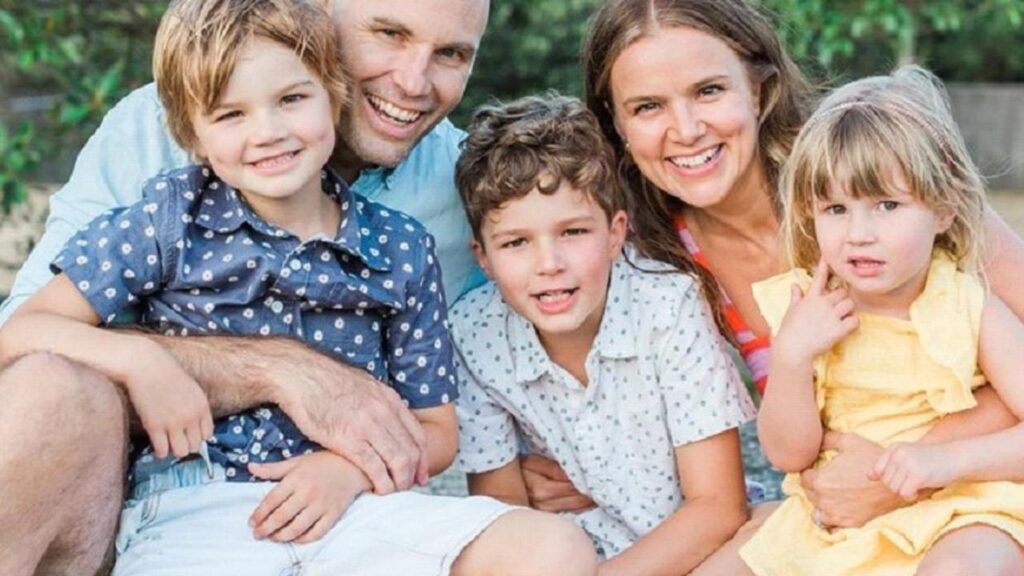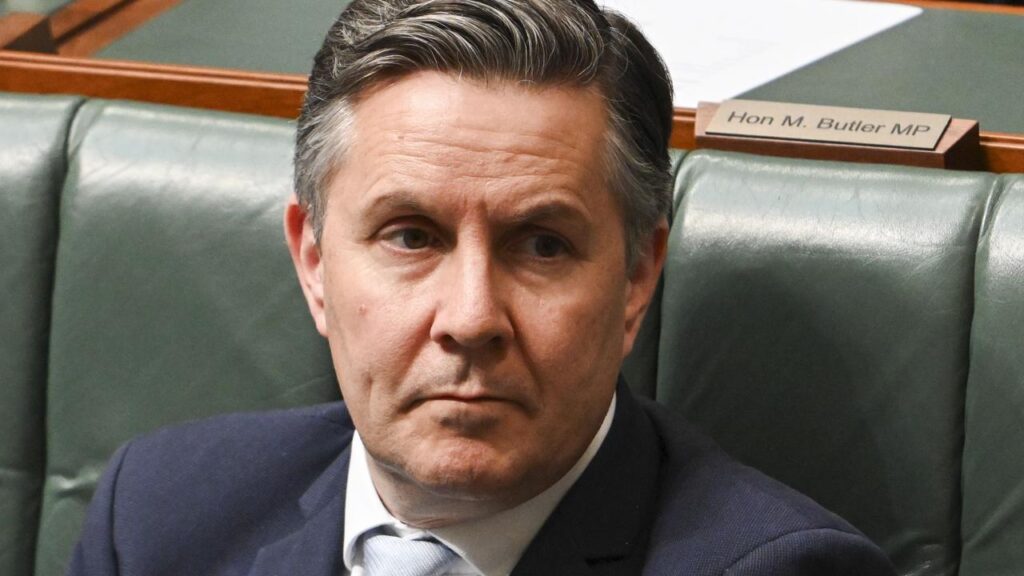Huge call on key rates figure
Written by admin on September 22, 2024
Treasurer Jim Chalmers has flagged the government is expecting monthly inflation to drop “quite substantially,” ahead of the August monthly figures set to be released on Wednesday.
Speaking to Sky News on Sunday, while Dr Chalmers said monthly numbers could be “volatile and unpredictable,” and are not given as much weight as the quarterly update next due on October 30, he said both economists and Treasury were expecting the figure to show a considerable cut from the current 3.5 per cent.
“Some of them, expected to be in the high twos but again you know whether it’s the high twos or the low threes, what we’ve seen over a period of time now is inflation has come off quite substantially,” he said.
July’s monthly update revealed the Consumer Price Index (CPI) rose 3.5 per cent in the 12 months to July, dropping from the 3.8 per cent recorded in June.
The numbers will be released the day after the board of the Reserve Bank (RBA) meets to discuss changes to the cash rate.
The central bank is expected to hold the rate on Tuesday, with governor Michele Bullock discounting the likelihood of a near-term rate cut due to inflation that’s beyond the target 2 to 3 per cent.
However Australia’s central bank now faces increased pressure to cut rates, following an unexpected move by the US Federal Reserve Bank to slash lending rates by 50 basis points to a range between 4.75 to 5 per cent.
While the Coalition has used this to attack the government’s financial management, citing that Australia’s interest rates remain stubbornly higher than in similar economies, Dr Chalmers noted US’ interest rates were still higher than Australia’s cash rate of 4.35 per cent.
“They went up by more, inflation was higher, their interest rates went up by more, and even after this interest rate cut, they’re still higher. That’s true in the UK as well,” he said.
“So when we compare ourselves to these other countries, we’ve got to make a full comparison some of these countries that our opponents like to bandy about.”
The federal government’s $300 energy rebate will also continue to lower inflation figures after they were rolled out to other states in August, with the Australia Bureau of Statistics (ABS) confirming electricity prices would have increased without the federal and state concessions.
“Altogether these rebates led to a 6.4 per cent fall in the month of July. Excluding the rebates, Electricity prices would have risen 0.9 per cent in July,” said ABS acting head of prices statistics Leigh Merrington.
On Sunday, Dr Chalmers also said he expected the final budget outcome for the 2023-24 financial year to deliver at increased surplus in the “mid-teens,” growing from May forecasts of $9.3bn.
Dr Chalmers said the revised figures likely to be released on September 30, were not due to a pick-up in revenue but cuts to spending.
“What it shows is that we’re getting less revenue towards the end of that last financial year than we anticipated in May,” he said.
“All of the big improvement is from less spending and so what the final budget outcome will show is that we turned two big Liberal deficits into two big Labor surpluses.
“The reserve bank governor has said that those two surpluses that we’ve now delivered are helping in that fight against inflation.“
Labor delivered its second budget surplus this year, following a $22.1bn surplus in the 2022-23 financial year.






